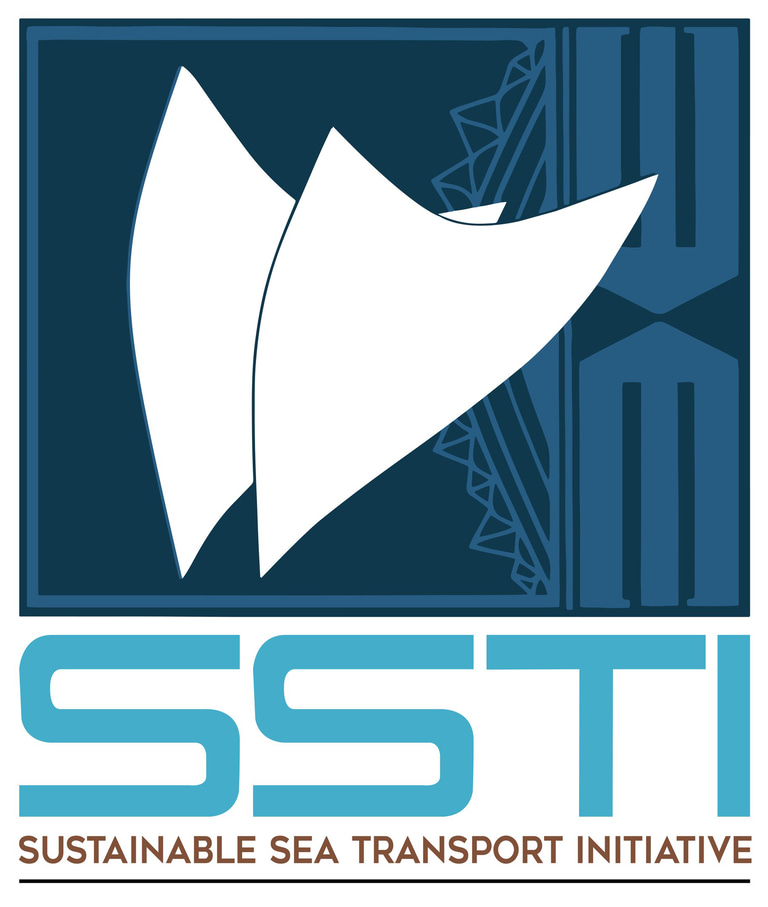SSIT to Host Innovation Workshops Addressing Climate Change in the Pacific


Introduction to RERIPA Project
The Strengthening Research and Innovation Ecosystems project, or RERIPA, is an initiative to address the pressing challenges of climate change in the Pacific region. This noteworthy project is supported by funding from the European Union and is collaboratively implemented by the French Research Institute for Development (IRD) and the Pacific Islands Development Forum (PIDF). The core objective of RERIPA is to enhance research and innovation capabilities that focus on sustainable development and climate resilience.
Partnership with USP
In the coming months, SSIT will partner with the University of the South Pacific (USP) to host a series of innovation workshops as part of the RERIPA project. These workshops aim to foster collaboration among researchers, grant recipients, and stakeholders to refine innovation processes and delivery in the Pacific. By leveraging the collective resources of USP and SSTI, the workshops will serve as a platform to develop innovative solutions tailored to address the unique climatic challenges faced by Pacific Island nations.
Objectives of the Workshops
The primary objective of these workshops is to build a robust ecosystem for climate innovation that can drive sustainable adaptation and mitigation strategies for Pacific Island governments and communities. The sessions will cover a range of topics including climate science, renewable energy, sustainable agriculture, and disaster risk management. Participants will have the opportunity to engage in hands-on projects, receive mentorship from experts, and network with peers to share knowledge and best practices.
Significance of Collaborative Efforts
Climate change poses multifaceted threats to the Pacific region, significantly impacting biodiversity, food security, and the livelihoods of local communities. Addressing these complex issues requires coordinated efforts and innovative approaches. By bringing together diverse stakeholders through these workshops, SSIT and USP aim to catalyze meaningful change that benefits the entire region. The collaborative nature of this initiative underscores the importance of partnerships in enhancing resilience and achieving sustainable development goals.
Conclusion
The SSTI and USP partnership under the RERIPA project represents a significant step forward in the battle against climate change in the Pacific. As these workshops unfold, their impact is expected to resonate across the region, fostering a culture of innovation and collaboration that is essential for overcoming the challenges ahead. By uniting researchers, policymakers, and community leaders, this initiative exemplifies the power of collective action in building a more resilient and sustainable future for the Pacific Islands.

